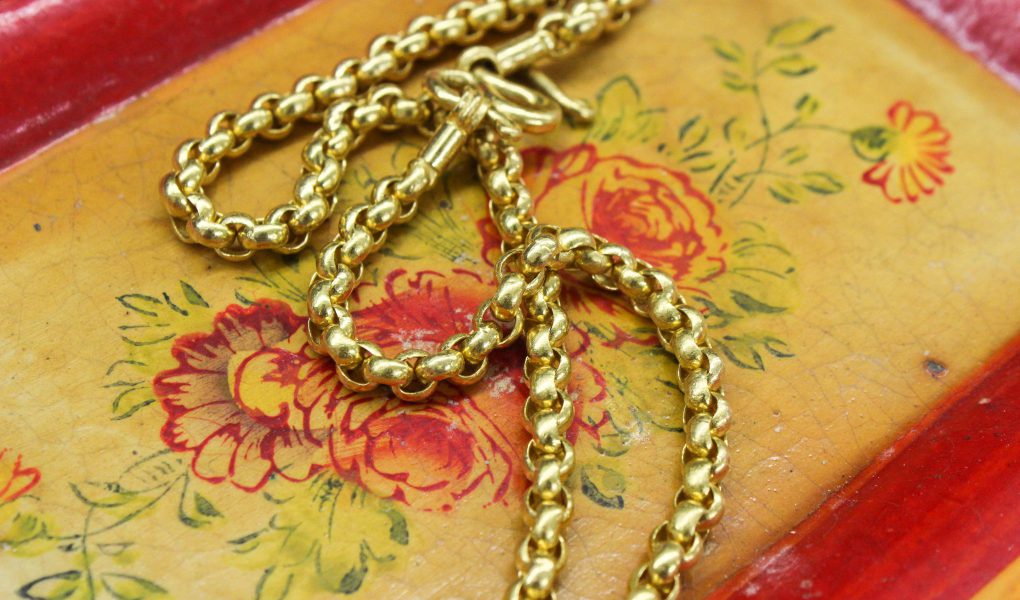How does a pawn loan work?
Pawnbrokers lend money on items of value ranging from gold and diamond jewelry to musical instruments, televisions, tools, household items, etc. The loan amount is determined by the value of the collateral presented by the customer.
There’s no credit check or loan application, and the collateral is secured on our premises during the period of the loan. When a customer pawns an item, terms of the loan are printed on a pawn ticket that is given to the customer. The ticket states the customer’s name, address, type of identification provided to the pawnbroker, a description of the item, amount borrowed, maturity date, loan interest, fees and total amount that must be paid to redeem the item.
The pawn customer can redeem the collateral any time during the duration of the loan upon payment of the loan principle storage fees and interest due. If after a set period of time, the borrower has not repaid the loan, then the collateral becomes the property of the pawnbroker and he sells the merchandise to recoup the loan and fees.
Pawn loans are non-recourse loans. The customer is not required to repay the loan. The pawnbroker cannot report non-payment to credit bureaus.
Do people bring in stolen items?
It is a common misconception that pawnbrokers receive stolen goods. Nation-wide statistics show that less than one tenth of one percent (<0.1%) of items received by pawnbrokers are reported stolen.
Pawnbrokers report detailed descriptions of all items that they receive. A detailed record of the customer’s identification and a complete description of the merchandise is electronically sent to the police department for them to check to see if the item has been reported stolen.
Additionally, Finkelsteins’s Pawn Shop holds merchandise up to 90 days so that the police department can do a thorough check on the property. The criminals know this, so they sell their stolen goods to the hundreds of thousands of other businesses that also deal in used merchandise, but do not report to the police department.
Additionally, it is not in our best interest to purchase stolen property because the police can seize the merchandise and we lose both the merchandise and the money.
I have had something stolen, Where should I look?
First, you should make a police report. After this, you should look at the following businesses that deal in used merchandise, but do not report their purchases to the police:
• Jewelry Stores
• Flea Markets
• Gold/Silver Buyers
• Wholesale Jewelry Buyers
• Second Hand Stores
• Collectible Stores
• Used Sporting Good Stores
• “Buy for Cash” Stores
• Police Property/Recovery Rooms
• Antique Stores
• Consignment Auction Houses
What is the history of pawnbroking?
In the west, pawnbroking existed in the Ancient Greek and Roman Empires. Most contemporary Western law on the subject is derived from the Roman jurisprudence. As the empire spread its culture, pawnbroking went with it.
Likewise, in the East, the business model existed in China 3000 years ago no different than today, through the ages strictly regulated by Imperial or other authorities. For more information visit: http://en.wikipedia.org/wiki/History_of_pawnbroking

